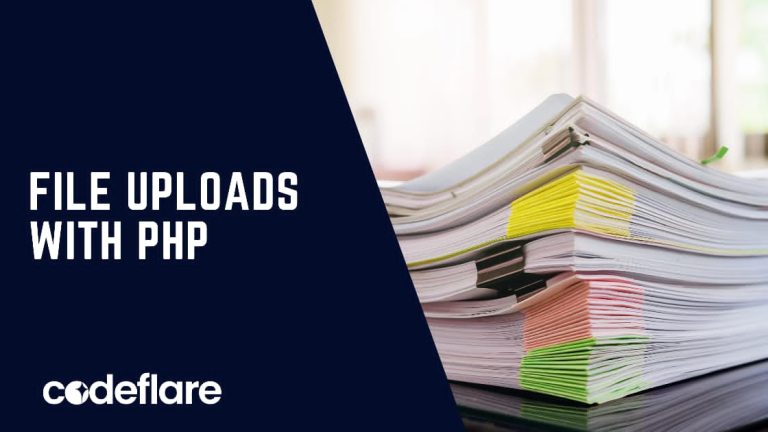
Introduction
As PHP projects grow in complexity, managing dependencies and ensuring that all necessary classes are included can become challenging. Fortunately, understanding PHP’s Autoload Functionality offers a solution by automatically loading the required classes when needed. This not only makes your code cleaner and more efficient but also reduces the likelihood of errors. In this article, we will explore how PHP’s autoloading works, the benefits it provides, and how you can implement it in your projects to streamline your development process.
What is PHP’s Autoload Functionality?
Autoloading in PHP enables automatic class loading upon instantiation. Instead of manually including class files using include or require, autoloading enables PHP to locate and load the file containing the class definition. This feature proves particularly useful in large projects where managing class files manually becomes cumbersome.
PHP’s autoload functionality is typically implemented using the spl_autoload_register() function. This function registers an autoload function that PHP calls whenever it encounters an undefined class.
How Does Autoloading Work?
When PHP encounters an undefined class, it triggers the registered autoload function. The autoload function will then attempt to locate and include the file that contains the class definition. If the file loads successfully, PHP includes the class, and the code continues to execute.
Here’s a simple example of how to implement autoloading:
function myAutoloader($className) {
include 'classes/' . $className . '.php';
}
spl_autoload_register('myAutoloader');
// Now you can instantiate classes without manually including their files
$myClass = new MyClass();
In this example, PHP will automatically include the file classes/MyClass.php when the MyClass object is instantiated. This eliminates the need for a manual include statement for each class.
Benefits of Using Autoloading
- Cleaner Code: Autoloading removes the need for multiple
includeorrequirestatements, leading to a cleaner and more maintainable codebase. - Autoloading improves your application’s performance, especially in large projects, by loading only the necessary classes.
- Namespace Support: Autoloading works seamlessly with PHP namespaces, allowing you to organize your code into logical groups without worrying about file inclusions.
PSR-4: The Standard for Autoloading
The PHP Framework Interoperability Group (PHP-FIG) introduced the PSR-4 standard, which provides a standardized way of autoloading classes based on namespaces. PSR-4 maps namespaces to directory structures, making it easier to manage large codebases.
Here’s an example of a PSR-4-compliant autoloader using Composer:
{
"autoload": {
"psr-4": {
"App\\": "src/"
}
}
}
In this setup, any class in the App namespace will be mapped to the src directory, allowing for organized and scalable project structures.
How to Implement Autoloading in Your Project
To implement autoloading in your PHP project, you can either use a custom autoloader function or rely on a tool like Composer, which automatically handles autoloading for you.
Using a Custom Autoloader:
spl_autoload_register(function ($class) {
$prefix = 'App\\';
$base_dir = __DIR__ . '/src/';
$len = strlen($prefix);
if (strncmp($prefix, $class, $len) !== 0) {
return;
}
$relative_class = substr($class, $len);
$file = $base_dir . str_replace('\\', '/', $relative_class) . '.php';
if (file_exists($file)) {
require $file;
}
});
Using Composer for Autoloading:
- Install Composer if you haven’t already.
- Create a
composer.jsonfile with the PSR-4 autoload configuration. - Run
composer dump-autoloadto generate the autoload files.
composer dump-autoload
After setting this up, you can include the vendor/autoload.php file in your project to start using autoloading.
Conclusion
PHP’s autoload functionality is a powerful tool that can greatly enhance the efficiency and organization of your projects. By automating the inclusion of class files, autoloading allows you to focus on writing clean, maintainable code without worrying about manually managing dependencies. Whether you’re working on a small project or a large-scale application, understanding and implementing autoloading will help you streamline your development process.
Learn Error Boundaries in React.js






